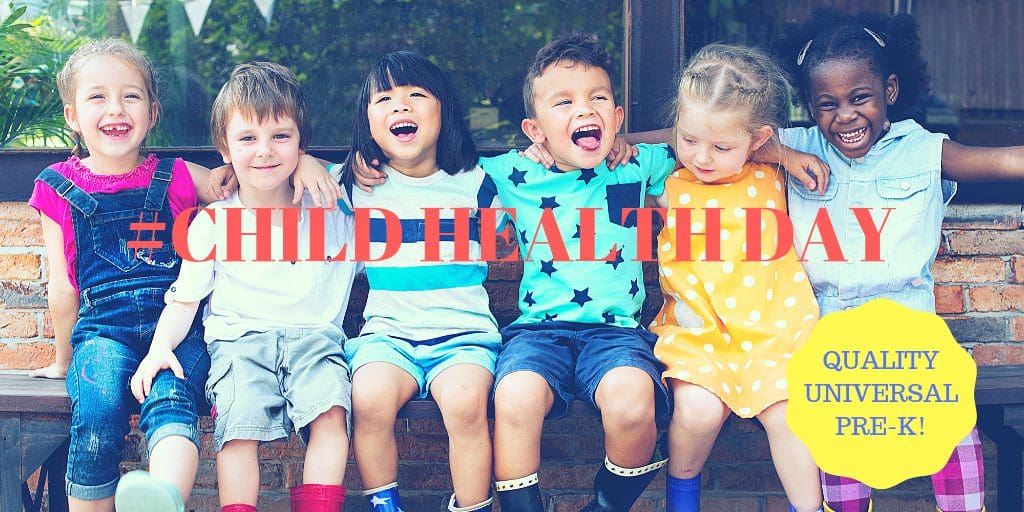Welcome to the CityHealth blog!
CityHealth, an initiative of the de Beaumont Foundation and Kaiser Permanente, provides leaders with a package of evidence-based policy solutions that will help millions of people live longer, better lives in vibrant, prosperous communities. CityHealth regularly evaluates cities on the number and strength of their policies.
We awarded each of the cities either a gold, silver, bronze or no medal designation based on that assessment. Our goal is that all city leaders use our assessment as a tool to work together and move toward the gold standard in each policy area by adapting evidence-based policies shown to improve the well-being and quality of life for their residents. This is also about accountability – so our nation’s citizens have the data they need to hold their elected officials accountable for taking the steps necessary to make their city thrive.
Visit us here to find out more about policymaking at the city level that supports healthy communities, and meet local leaders and experts who are finding innovative ways to help cities thrive. To receive new blog entries in your inbox, sign up here.


Today, to celebrate Child Health Day, CityHealth recognizes a great way city leaders can enhance every child’s opportunity to be healthy and thrive: by creating high-quality, accessible early education programs for kids. Pre-Kindergarten (Pre-K)’s educational benefits to three- and four-year-olds are well established, but here’s the significant added benefit: done right, Pre-K can provide an important, life-lasting health boost for our youngest citizens. Because of these health benefits, CityHealth targets and assesses Pre-K as one of its nine top recommended policies for city leaders to improve quality of life for urban residents (see scores below.)
There is no question that there are numerous health benefits associated with attending high quality Pre-K programs – both in the short-term and long-term. Ninety percent of children’s adult brain volume is developed by age six, and we know that experiences during early childhood fundamentally affect the structural development and neurobiological pathways in the brain. On a more practical level, when children are in high quality Pre-K programs, the odds improve that children who need treatment for vision, hearing, or chronic issues, like asthma, get the help they need. Preschool participants are more likely to go to a doctor, receive appropriate immunizations and screenings, and get dental care.
In fact, the U.S. Centers for Disease Control and Prevention (CDC) recognizes Early Childhood Education programs, such as Pre-K, as one of the most important and effective policies available to improve population health. The nation’s leading health agency cited the strong evidence demonstrating that early childhood education fosters socio-emotional, cognitive, and motor skill development, in addition to academic achievement. Early Childhood Education also leads to longer-term benefits such as reductions in obesity, child abuse and neglect, youth violence, teen birth rates and emergency room visits.
CityHealth recognizes that in order for cities and their children to fully reap the benefits, Pre-K programs must be of high quality and widely accessible. To help catalyze widespread adoption of this important health intervention, CityHealth awards medals – gold, silver, bronze, or no medal–based on the National Institute for Early Education Research’s 10 research-based quality standards benchmarks and an assessment of the level of enrollment in the city’s largest Pre-K program. Thirty-three out of 40 cities received a medal for offering, accessible, high-quality Pre-K, including five gold, eight silver, and 20 bronze. Incredible progress was made in recent years to open access and increase quality of Pre-K programs around the country. However, our goal is for every child to live in a gold medal city, and clearly in order to meet this standard, there is much more work for us to do.
We invite you to see how your city performs when it comes to Pre-K policy and learn more about how our medals were awarded and what they mean for children and families.


As we celebrate Child Health Day, it is also a great time to recognize cities that are going beyond traditional Pre-K programs to ensure that the children being served get the health services they need. For example, Seattle built on an already strong system by coordinating health and mental health services on-site at Pre-K provider locations in consultation with teachers. Another highlight is the Cincinnati Preschool Promise public school sites, which provide access to school-based health centers, school nurses and other school-based support groups. Recognizing the importance of wrap-around services for children and families is crucial to keep a city’s residents healthy and provide them the tools they need to succeed.
CityHealth is working with urban leaders who want to increase access and quality of Pre-K programs in their cities. If you are interested in how cities are making high Pre-K available to kids, and want to know more about how city leaders are leveraging policy to create stronger communities that support healthy families and kids, sign up here to keep in touch with CityHealth.







